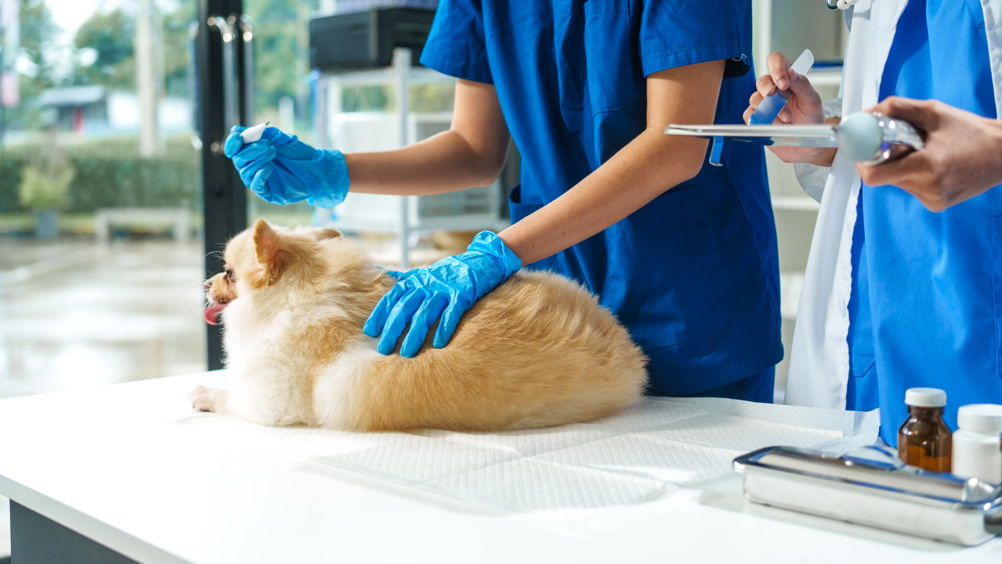References
The pandemic puppy paradox: the role of the veterinary nurse

Abstract
A recent Royal Veterinary College (RVC) study, published in PLOS One, highlights the lasting impact of the pandemic puppy boom (Merritt et al, 2025). The findings reveal the increased burden felt by owners who acquired dogs during the COVID-19 pandemic, calling for a reassessment of responsible pet ownership, and the role of the veterinary nurse within it.
A recent Royal Veterinary College (RVC) study, published in PLOS One, highlights the lasting impact of the pandemic puppy boom (Merritt et al, 2025). The findings reveal the increased burden felt by owners who acquired dogs during the COVID-19 pandemic, calling for a reassessment of responsible pet ownership, and the role of the veterinary nurse within it.
Lockdowns and social isolation triggered a surge in puppy acquisitions, often impulsive and lacking adequate pre-planning. As the RVC study shows, these ‘pandemic puppies’ now exhibit significant behavioural issues, increasing owner burden and weakening emotional bonds.
Crucially, ‘problem behaviours’ are identified as the primary driver of this burden, even after accounting for limited training and socialisation. This suggests a broader issue with owner preparation and support. The link between reward-based training and stronger emotional bonds underscores the importance of promoting positive reinforcement, something veterinary nurses are key in communicating.
Public awareness campaigns, while well-intentioned, appear insufficient. The introduction of ‘compulsory courses’ for prospective dog owners, as seen in some European countries, warrants serious consideration. If implemented, such measures could deter impulsive acquisitions and provide essential education on legal responsibilities and effective training.
Register now to continue reading
Thank you for visiting The Veterinary Nurse and reading some of our peer-reviewed content for veterinary professionals. To continue reading this article, please register today.

